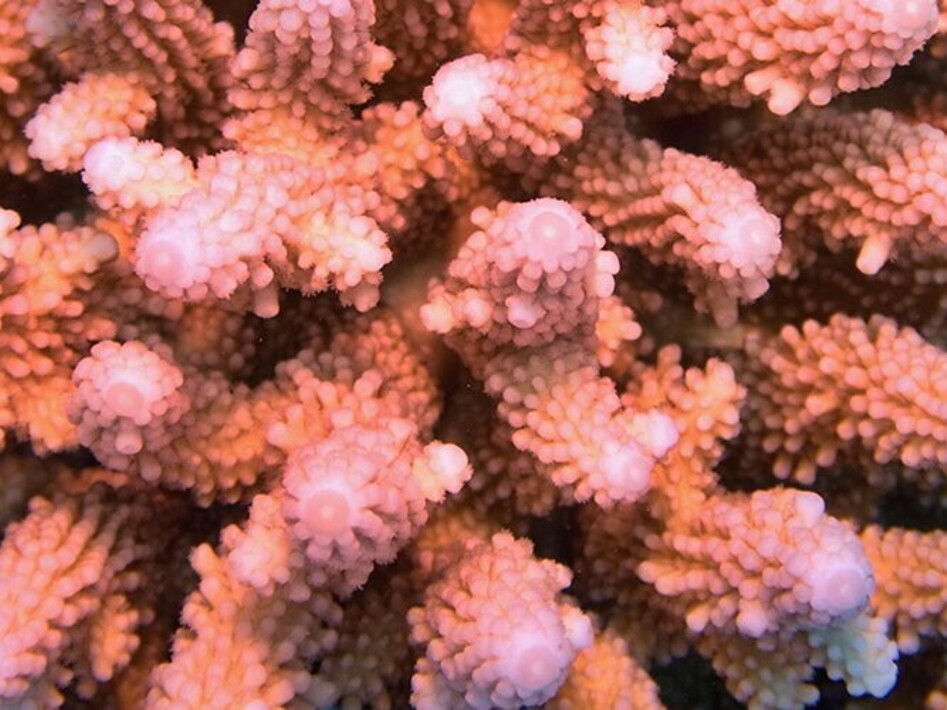“Smart” patches developed to treat diseased corals
14 February 2020

Corals are some of the most endangered marine organisms today, threatened by ocean acidification and warming and increasing human activity. In particular, pollution poses a serious threat to coral polyps and is one of the main causes of the decline of coral reefs, as it increases their susceptibility to fungal, viral and bacterial infections. Over the past 50 years, there has been a decline in the coral ecosystem in all seas and oceans due to diseases caused by various pathogenic micro-organisms. The most common technique used to treat corals is to remove all or part of the diseased species to avoid infection of the entire colony.
Scientists from the Italian Institute of Technology (IIT) in collaboration with the MaRHE Center (Marine Research and High Education Center in the Maldives) of the University of Milan-Bicocca may have found a more effective solution to the problem: “smart patches” capable of delivering “coral-targeted” drugs and antibiotics. The patches, which are completely biocompatible and biodegradable, can be applied to diseased parts where they release cures and antioxidants in a controlled manner, while protecting the wound from further attacks. Tests were carried out first in an aquarium, then in the open sea, in the Maldives, on the species Acropora muricata – one of the most endangered species listed by the International Union for Conservation of Nature (IUCN) – which gave positive results.
This is a first in the study and treatment of coral diseases.


